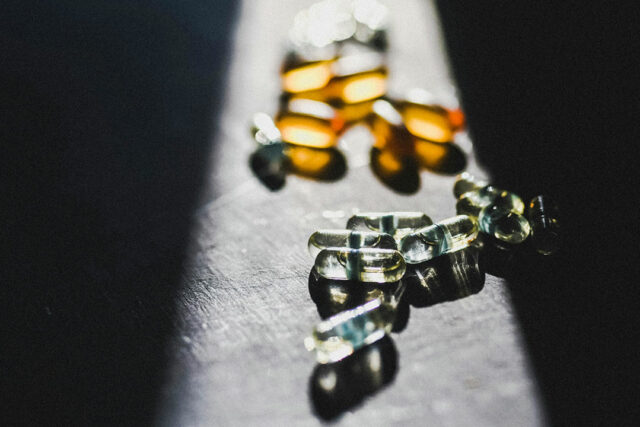
Medicine Cabinet
By Teodoro B. Padilla

An estimated one in 10 medical products in low- and middle-income countries (LMICs) is substandard or falsified, a fact that must be revisited as the country observes the National Consciousness Week Against Counterfeit Medicines.
Substandard medicines are authorized medical products that fail to meet either their quality standards or specifications, or both. Falsified medicines are medical products that deliberately or fraudulently misrepresent their identity, composition, or source.
Substandard and falsified medical products may cause harm to patients and fail to treat the diseases for which they were intended, as well as contribute to antimicrobial resistance and drug-resistant infections. Moreover, these illicit products lead to loss of confidence in medicines, healthcare providers, and health systems.
According to the World Health Organization (WHO), falsified medical products may contain no active ingredients, the wrong active ingredients, or the wrong amount of the correct active ingredient. They also commonly contain corn starch, potato starch, or chalk.
Some substandard and falsified medical products are toxic in nature with either fatal levels of the wrong active ingredient or other toxic chemicals. Substandard and falsified medical products are often produced in very poor and unhygienic conditions by unqualified personnel, and contain unknown impurities and are sometimes contaminated with bacteria.
The WHO has received reports of substandard and falsified medical products from all main therapeutic categories, including medicines, vaccines, and in vitro diagnostics. Among the most commonly reported are anti-malarials and antibiotics. Both generic and innovator medicines can be falsified, ranging from very expensive products for cancer to very inexpensive products for treatment of pain. They can be found in illegal street markets, via unregulated websites, all the way through to pharmacies, clinics, and hospitals, the WHO stated.
A United Nations study on transnational crime published in 2019 found that the Philippines had the highest incidence of falsified medicines among Southeast Asian countries from 2013 to 2017.
The WHO notes that some falsified medical products are almost visually identical to the genuine product and very difficult to detect.
However, the general public can take steps to identify fake medicines. Examine the packaging for condition, spelling mistakes, or grammatical errors. Check the manufacture and expiry dates and ensure any details on the outer packaging match the dates shown on the inner packaging. Ensure the medicine looks correct, is not discolored, degraded or has an unusual smell. Discuss with a pharmacist, doctor or other healthcare professional as soon as possible if one suspects the product is not working properly or if one has suffered an adverse reaction. Report suspicious medical products to the Philippine Food and Drug Administration (FDA) through their eReport online reporting facility at www.fda.gov.ph/ereport or call (02) 8809-5596.
The Philippine FDA cautions the public not to buy pharmaceutical products from establishments or online stores operating without the necessary government permits. The agency urges consumers to purchase medicine and other health products only from government-licensed pharmacies that have the appropriate FDA marketing authorizations.
The International Federation of Pharmaceutical Manufacturers & Associations (IFPMA) believes that the counterfeit medicines trade is a complex global health challenge which requires an integrated, multi-stakeholder approach.
Strong coordination is necessary to ensure that all aspects of this global challenge are adequately addressed. Tackling falsified medicines requires strengthening legislative frameworks and regulatory systems, collecting data, implementing effective technologies, and raising awareness. An effective response must engage a variety of stakeholders, including patients, health professionals, public and private organizations, pharmaceutical manufacturers, distributors, wholesalers, retailers, and national regulatory and enforcement agencies.
Public awareness is vital to inform patients and the global population about the risk posed by falsified medicines. The IFPMA is a founding member of the Fight the Fakes Alliance, which raises awareness of the dangers of falsified and substandard medicines and gives a voice to people personally affected by them as well as those working to stop this crime.
The Pharmaceutical and Healthcare Association of the Philippines (PHAP) is a member of the Coalition for Safe Medicines, a multi-stakeholder alliance convened by the Philippine FDA to bolster the country’s campaign against fake medicines through public awareness and advocacy campaigns, research and policy development, and other pertinent activities to promote patient safety at all levels.
Teodoro B. Padilla is the executive director of Pharmaceutical and Healthcare Association of the Philippines (PHAP). PHAP represents the biopharmaceutical medicines and vaccines industry in the country. Its members are in the forefront of research and development efforts for COVID-19 and other diseases that affect Filipinos.